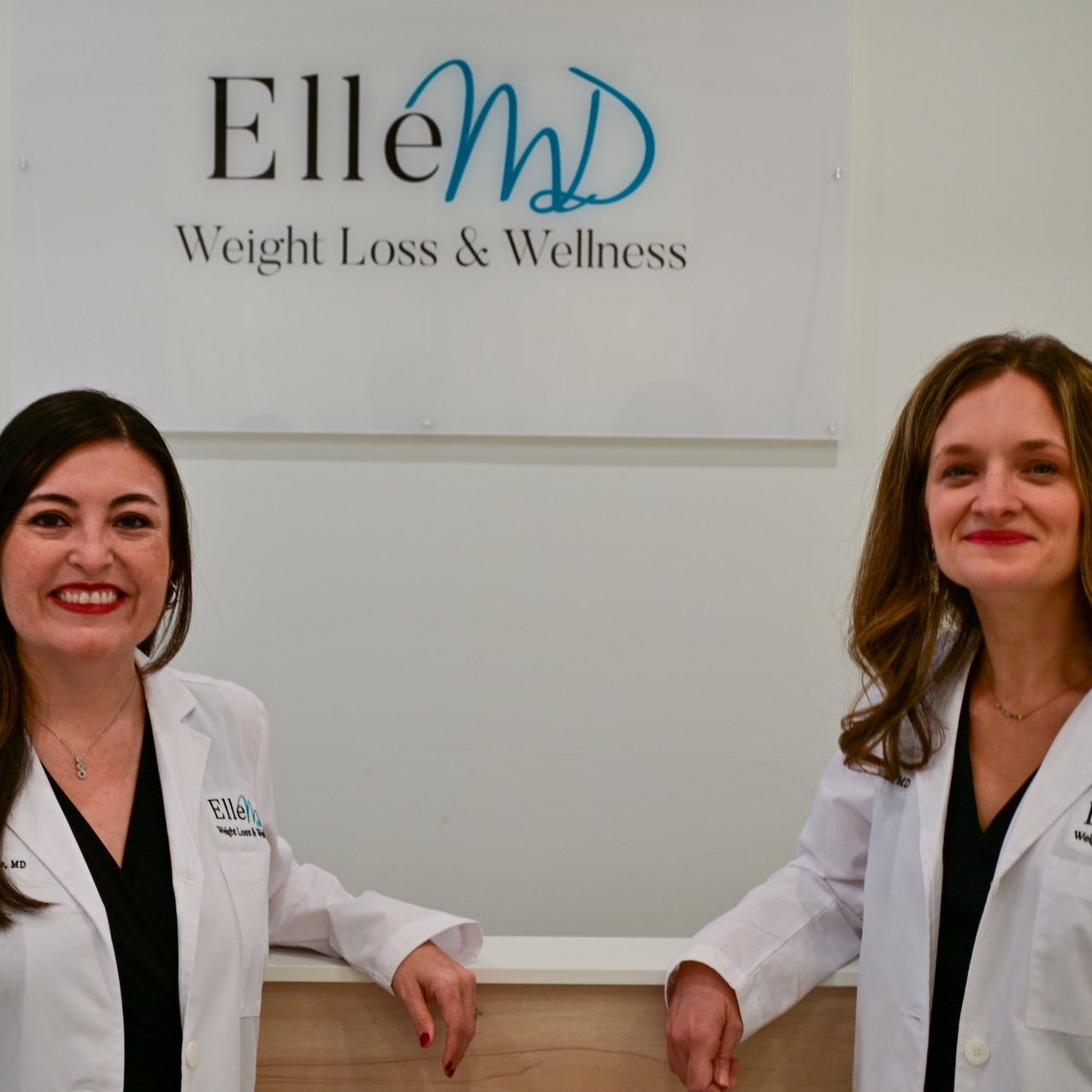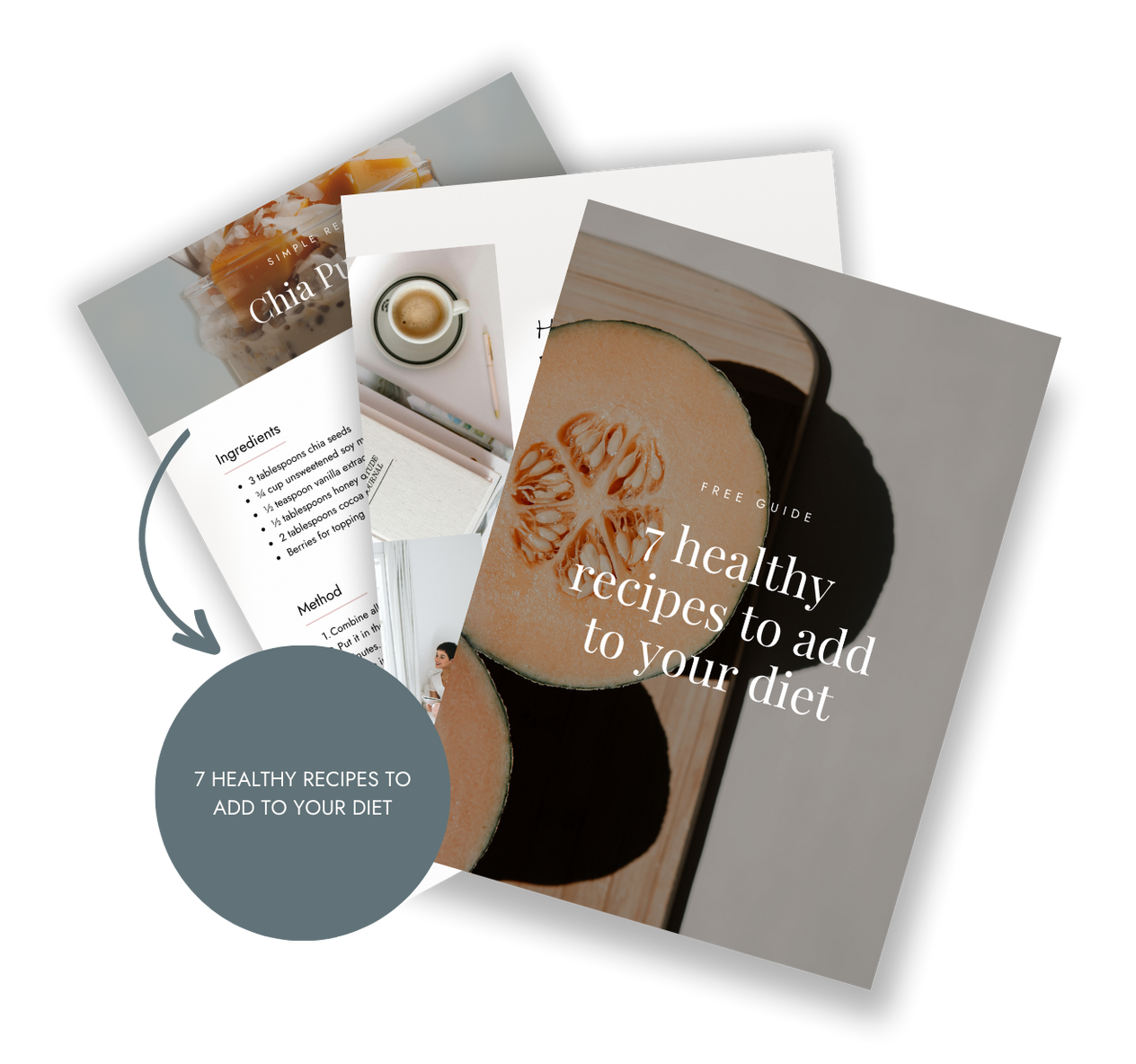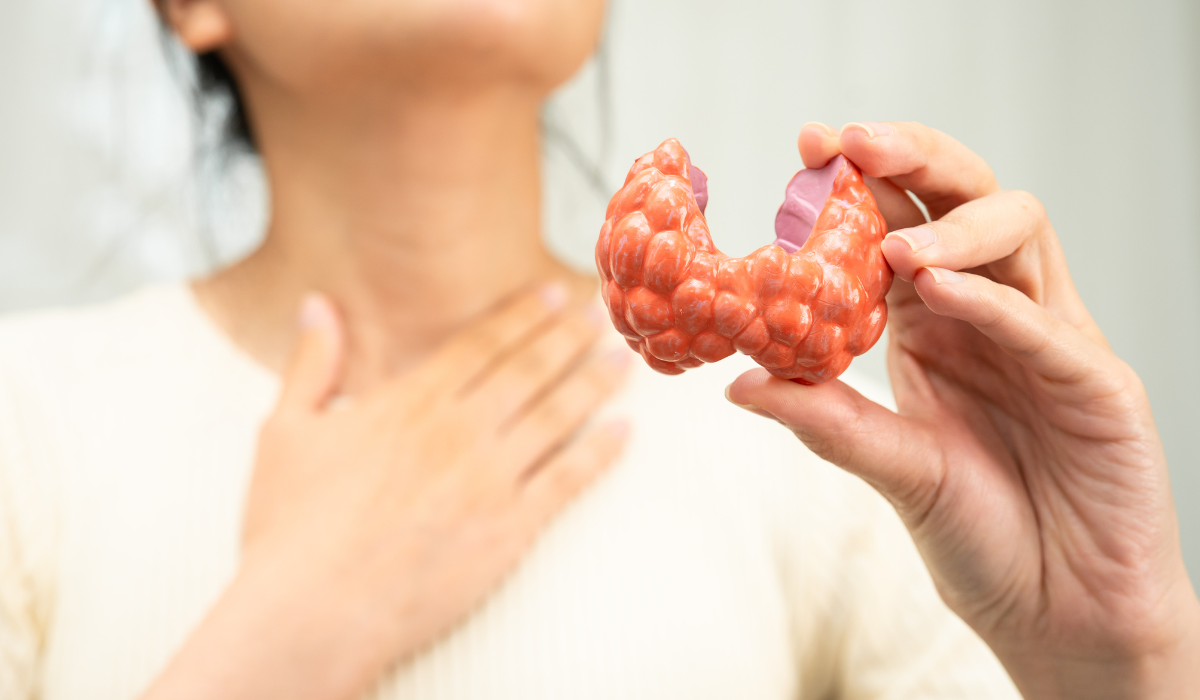Get your hormones back in balance with Elle MD
Achieving hormone balance is key to optimal health. Here are a few tips to help you get started!
Balancing hormones is important for women of all ages. Unbalanced hormones can lead to a myriad of health issues such as weight gain, low energy, mood swings, and depression. Fortunately, there are several natural methods you can use to help balance your hormones. Let’s take a look at the top 5 ways to naturally balance your hormones.
Reduce Stress Levels
When it comes to hormonal imbalance, stress is one of the biggest culprits. High levels of stress can cause increased cortisol production, which can lead to weight gain and a decrease in energy levels. To reduce your stress levels, try activities such as yoga or meditation. Taking regular breaks throughout the day to relax and unwind can also be helpful.
Incorporate Healthy Fats Into Your Diet
Healthy fats play an important role in hormone production. Omega-3 fatty acids, for example, have been linked to improved mental health, reduced inflammation, and improved reproductive health. Good sources of healthy fats include avocados, nuts and seeds, olive oil, and fish such as salmon or sardines.
Eat More Fiber
Fiber helps regulate digestion by slowing down the absorption of glucose into the bloodstream. This helps maintain steady blood sugar levels which prevents spikes and dips in hormone production. Fiber also prevents constipation which is important as one of the main ways we eliminate excess estrogen is in the stool. Eating plenty of fiber-rich foods like fruits, vegetables, whole grains and legumes can help keep your hormones balanced naturally.
Get Enough Sleep
Sleep plays an important role in maintaining healthy hormone levels. When we don't get enough sleep our bodies produce more cortisol which suppresses our immune system making us more prone to illness and disease. Aim for 7-8 hours of restful sleep per night for optimal health benefits.
Take Herbal Supplements
Certain herbal supplements may help balance hormones naturally by regulating estrogen and progesterone production. However it is important to note that these supplements should not be taken without consulting with your functional medicine physician or other healthcare professional first as they may interact with any medications you are currently taking or have adverse effects if you have certain medical conditions or allergies.
From reducing stress levels to eating a healthy diet rich in fiber-rich foods and healthy fats - balancing your hormones doesn't have to be complicated! Taking the time now to look after yourself will pay off dividends in the long run when it comes to mental clarity and physical well being so start today on the path towards better hormonal balance.
*AI Disclosure:
This content may contain sections generated with AI with the purpose of providing you with condensed helpful and relevant content, however all personal opinions are 100% human made as well as the blog post structure, outline and key takeaways.
* Affiliate Disclosure: Some of the links on www.elle-md.com may contain affiliate links meaning that we will get a commission for recommending products at no extra cost to you.
*Blog Disclaimer: Please note that reading our blog does not replace any health or medical advice consultation. Read our blog disclaimer here.

Meet the Drs.
Dr. Hendriks and Dr. Castillo MacKenzie are board-certified physicians, female, specialized, with over 10 years of experience.
Elle MD started after practicing in a traditional primary care setting together for over a decade. We grew frustrated with the current healthcare model, which places no emphasis on addressing the root cause of chronic disease. A lot of times, conventional care doesn’t even promote overall wellness!
We founded Elle MD in Royal Oak, MI, with a vision of providing this care in a compassionate and personalized way.
Download your free guide













